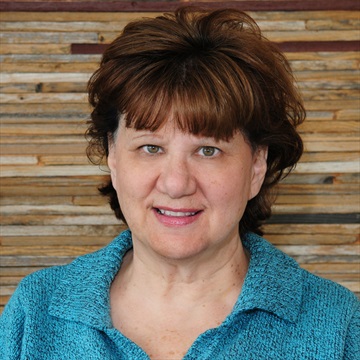Gerald E. Jones, director, LDS Institute of Religion, Berkely, Califorina
http://library.lds.org/nxt/gateway.dll/Magazines/Ensign/1978.htm/ensign%20august%201978%20.htm/i%20have%20a%20question.htm?fn=document-frame.htm&f=templates&2.0#LPTOC2
[This message has been edited by bizag (edited 3/30/2006 11:21p).]
quote:
Many queries come from students concerning these twenty-six volumes first published in England between 1853 and 1886. The original intent of their publication was to provide income for George D. Watt, their stenographer and publisher. Many Church members in England desired to read the sermons delivered by the General Authorities of the Church in Utah, and Brother Watt’s books filled that need. He obtained clearance from the First Presidency 1 June 1853. Addressed to Elder Samuel Richards, missionary printer in England, and to “the Saints abroad” this statement introduced volume one:
“Dear Brethren—It is well known to many of you, that Elder George D. Watt, by our counsel, spent much time in the midst of poverty and hardships to acquire the art of reporting in Phonography [shorthand], which he has faithfully and fully accomplished; and he has been reporting the public Sermons, Discourses, Lectures delivered by the Presidency, the Twelve, and others in this city, for nearly two years, almost without fee or reward. Elder Watt now proposes to publish a Journal of these reports, in England, for the benefit of the Saints at large, and to obtain means to enable him to sustain his highly useful position of Reporter. You will perceive at once that this will be a work of mutual benefit, and we cheerfully and warmly request your cooperation in the purchase and sale of the above named Journal, and wish all the profits arising therefrom to be under the control of Elder Watt.” (Signed by Brigham Young, Heber C. Kimball, and Willard Richards.)
The first four volumes were reported by Elder Watt, but after that other reporters are included—one a sister, Julia Young. Brother Watt reported through volume twelve, when David W. Evans became the prime reporter. He was followed by George W. Gibbs, a secretary to the First Presidency.
In considering the reliability of the Journal of Discourses, we should remember certain circumstances.
Though the First Presidency endorsed the publication of the Journal, there was no endorsement as to the accuracy or reliability of the contents. There were occasions when the accuracy was questionable. The accounts were not always cleared by the speakers because of problems of time and distance. This was especially true during the persecution of the 1880s which finally forced the cessation of publication.
We should remember that the times were different then. A major concern of the early Saints was physical survival. Sermons often dealt with the practical problems of the time and so may seem quaint in our day, even if much of the advice is still valid.
Doctrinally, members of the Church were growing and learning. Most adults were converts who had to unlearn and relearn many doctrines. They were learning things which our children learn in Primary and Sunday School. Remarks were frequently impromptu. Close, friendly audiences frequently invited informal discussion of varied topics. There was occasional speculation about doctrines which have since been determined unimportant or even misleading.
The general membership of the Church has progressed in knowledge of gospel principles, which is as it should be. In our organizations, we have been taught the gospel for more than one hundred years now. Because of modern revelation and because of “line-upon-line, precept-upon-precept” progression, we have answers that were not yet given when the Journal of Discourses was published.
We also should be aware of priorities in our studies. It seems to me that we should first become very familiar with the four books of Scripture accepted as standard works. The words of our current living prophet are also most valuable for us in our time. The official statements of the First Presidency are standards for doctrine and practice in the Church. We should be familiar with the manuals and courses of study provided for us in our day. For further inspiration and instruction by the General Authorities, we can study general conference addresses, beginning with the most current and moving back in time.
Even after digesting these materials, some persons may still have time and inclination to peruse the Journal of Discourses. We can be grateful that records of the early sermons were kept to help us understand the growth of the Church and the testimonies of our early leaders. If we find the time to read them, however, we should avoid getting caught up in their uniqueness and should concentrate on the inspiring thoughts and experiences related to us by choice men.
http://library.lds.org/nxt/gateway.dll/Magazines/Ensign/1978.htm/ensign%20august%201978%20.htm/i%20have%20a%20question.htm?fn=document-frame.htm&f=templates&2.0#LPTOC2
[This message has been edited by bizag (edited 3/30/2006 11:21p).]

